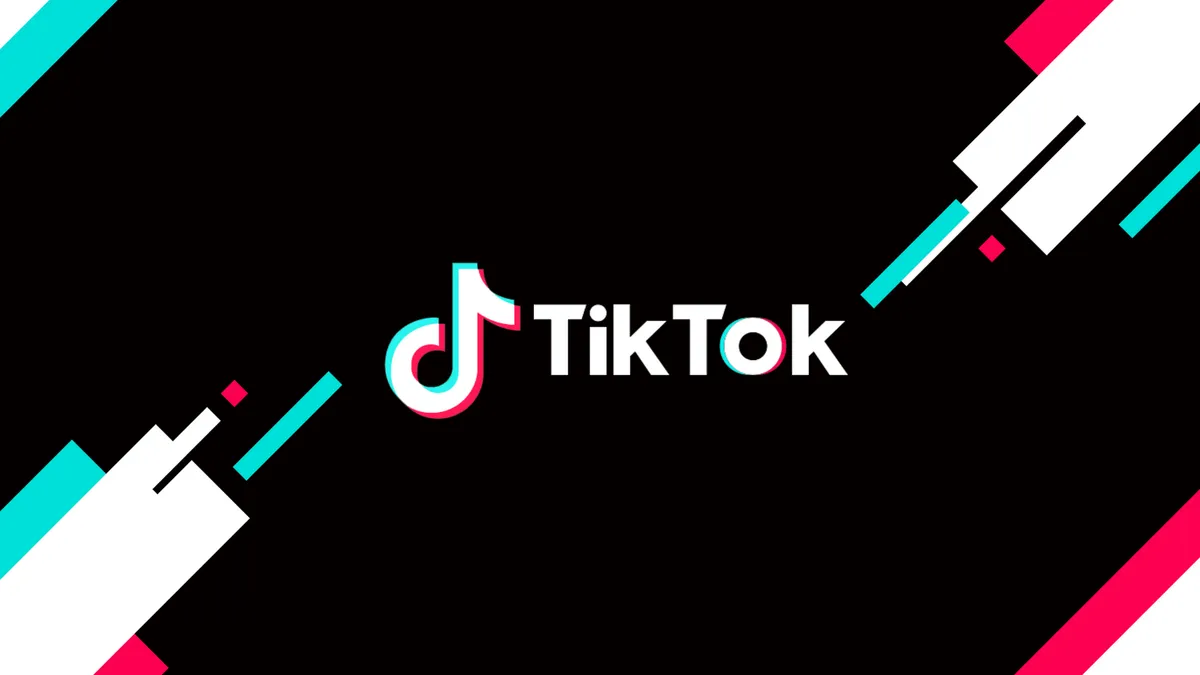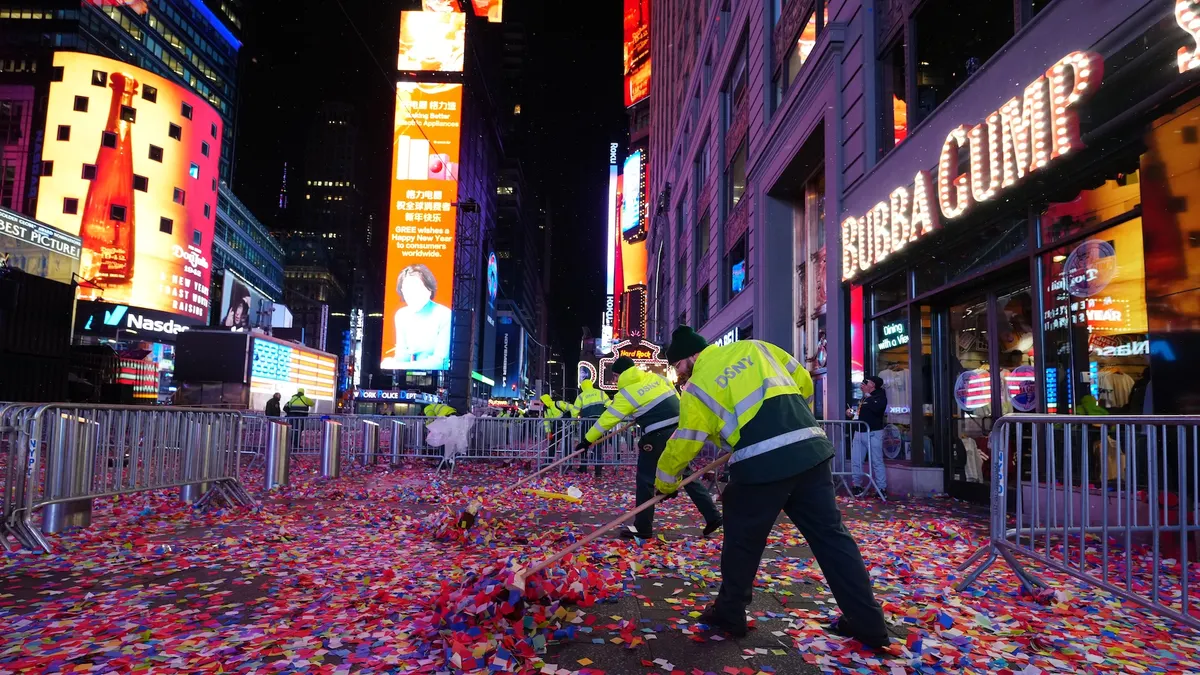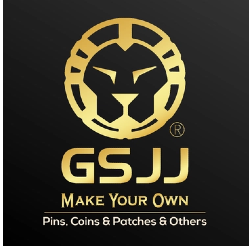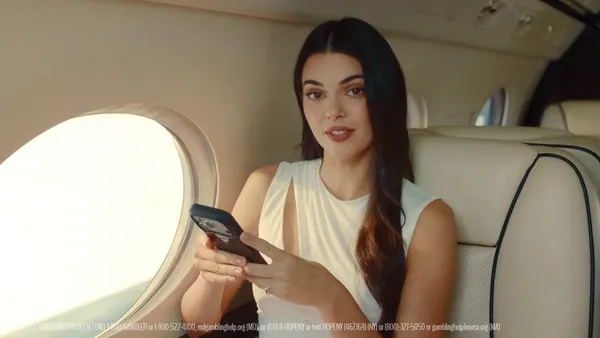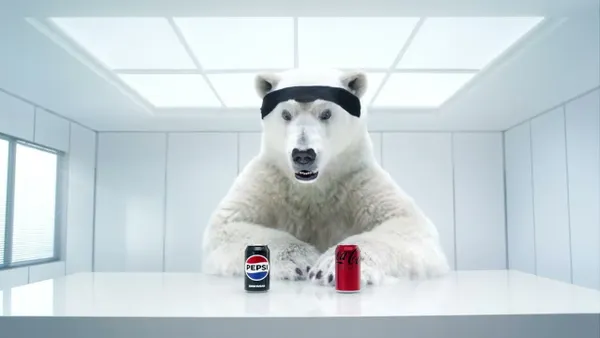Brief:
- TikTok this week introduced a program to showcase approved providers of advertising services on its popular social video app. The marketing partner program has 20 inaugural participants in campaign management, creative development, branded effects and measurement, according to a company blog post.
- Bidalgo, Bidshake, Sprinklr, WinClap and MakeMeReach are certified to provide campaign management, while QuickFrame, Shuttlerock, VidMob, Vidsy and Cohley can help advertisers with creative development. BareTree Media, Byte, Happy Finish, IgniteXR, Poplar Studio, Subvrsive, Tommy and Unit provide a variety of branded effects including animation, augmented reality (AR), virtual reality (VR), mini games, filters, lenses, emoji and digital stickers. Research and analytics giant Kantar is certified to provide measurement services for advertisers, per TikTok, which has 100 million users in the U.S.
- Rather than provide all these services in-house and possibly constrain its revenue growth, TikTok can support a broader ecosystem of independent companies that help to develop the app as a marketing platform. Facebook, Instagram, Pinterest, Snapchat and Twitter have similar marketing partner programs to support their advertisers.
Insight:
TikTok aims to give marketers more reasons to advertise on its social video app by certifying vendors that provide a broad range of services, a common strategy among digital media platforms as they grow. It's a key step in TikTok's outreach to third-party service providers that can help marketers to push creative boundaries, develop engaging campaigns and measure their effectiveness among target audiences.
At the same time that TikTok is looking to entice more marketers to the platform, it continues to develop new features for users. This week,TikTok introduced a consumer-facing feature called "Stitch" that lets users edit and integrate scenes from another user's video into their own. The service resembles the "Duet" feature that urges people to collaborate on creating videos, and has privacy settings that let users decide whether others are allowed to use their videos.
TikTok's rollout of a marketing partner program is a sign that parent company ByteDance, which is based in China, isn't walking back any plans to grow and expand the app despite uncertainty about its future. TikTok faces the possibility of being banned in the U.S. because of national security concerns about its ownership by a Chinese company. The threat of a ban has forced ByteDance to consider a sale before TikTok loses access to the lucrative U.S. advertising market.
In a surprise announcement, Walmart last week said it had teamed with Microsoft on the tech giant's bid to buy TikTok's U.S. operations. However, a potential deal faces hurdles from the Chinese government, which last week toughened its rules on exports of artificial intelligence (AI) technology — a key part of TikTok's functionality. ByteDance will need to get a license from China before selling TikTok, a process that has delayed deal talks, The Wall Street Journal reported.
TikTok's marketing partner program is its latest step to develop the app into an advertising and marketing platform. In June, the company officially launched TikTok for Business to bring together its marketing services in one place, and introduced "Branded Scan" to let marketers create augmented reality (AR) effects for mobile users. TikTok also said it had continued to test Creator Marketplace, a platform that debuted last year in limited release to foster collaborations between brands and influencers who have built a following on the app. In July, the video app introduced a self-serve advertising platform to help small businesses create campaigns on the app. As part of the service, TikTok provided $100 million in ad credits to incentivize and support those companies in their promotional efforts.
TikTok this year lost access to its biggest market when India banned the app as part of a crackdown on Chinese-made apps after a border skirmish with China. ByteDance faced a $6 billion loss because of the ban, per a report by China's state-controlled media. It's unlikely that TikTok will regain access to India, which this week banned another 118 Chinese-made apps after an Indian soldier was reportedly killed by a Chinese landmine, The New York Times reported. India's ban on the apps opens the door for U.S. and Indian software developers to expand their presence in the world's second-most populated country.

